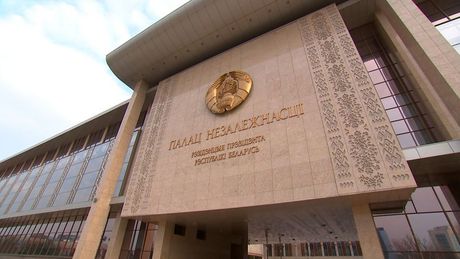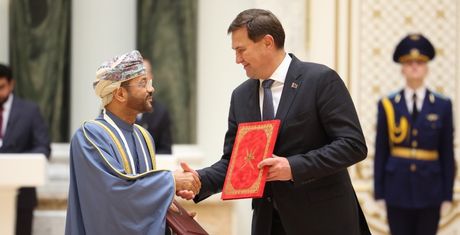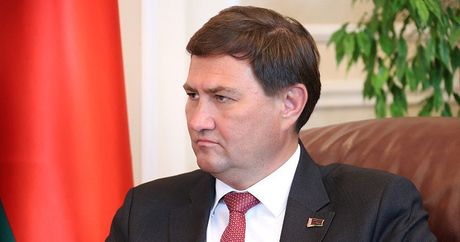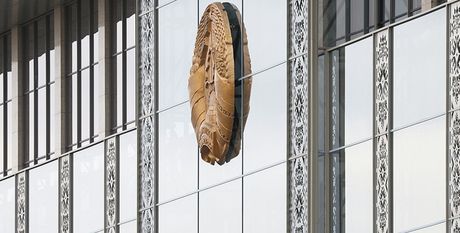Lukashenko discloses true nature of Poland and Lithuania's migration policy
16:13, 18 October
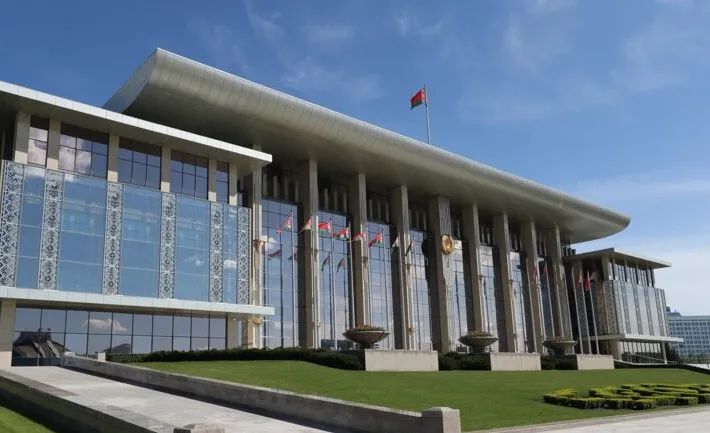
Photo: BelTA
Belarusian President Aleksandr Lukashenko disclosed some information exposing the true actions of Poland and Lithuania in the migration crisis as he made new appointments in the state security system, BelTA has learned.
- Share on Facebook
- Share on VK
- Share on Twitter
"One of the key hybrid threats today is the difficult situation on our state border. Poland and Lithuania are purposefully accusing Belarus of allegedly creating a migration crisis. At the same time, they are conducting special operations to create channels to send migrants from places of detention in their territories to Germany and France, massively and cynically violating human rights," the head of state said.
"I am disclosing this information so that Germany, together with France, the UK and other countries, finally wakes up and sees what is happening to migrants in Poland and Lithuania," the Belarusian leader said.
Aleksandr Lukashenko stated that Poland and Lithuania declare that migrants are held in so-called camps. “But in fact, these centers are transit points. They deliberately release these people from the camps, knowing that their final destination is not Poland or Lithuania. Nor Belarus. They have reached this point and want to go further. They are bound for Germany, ‘warmer' countries, as they say. Understanding this, Poles and Lithuanians are gradually letting them out of the camps. The Germans are already detaining thousands of them on their territory. We have this information. We have cross-checked it through several sources. It is true,” said the president.
“Let them first figure out who is directing these migrants to Germany and France. According to our data, people are dying there. The number of fatalities is several times bigger than that announced by Polish and Lithuanian politicians. Despite the vaunted European freedom of speech, the media are not allowed to access the information about the real situation,” the head of state added.



